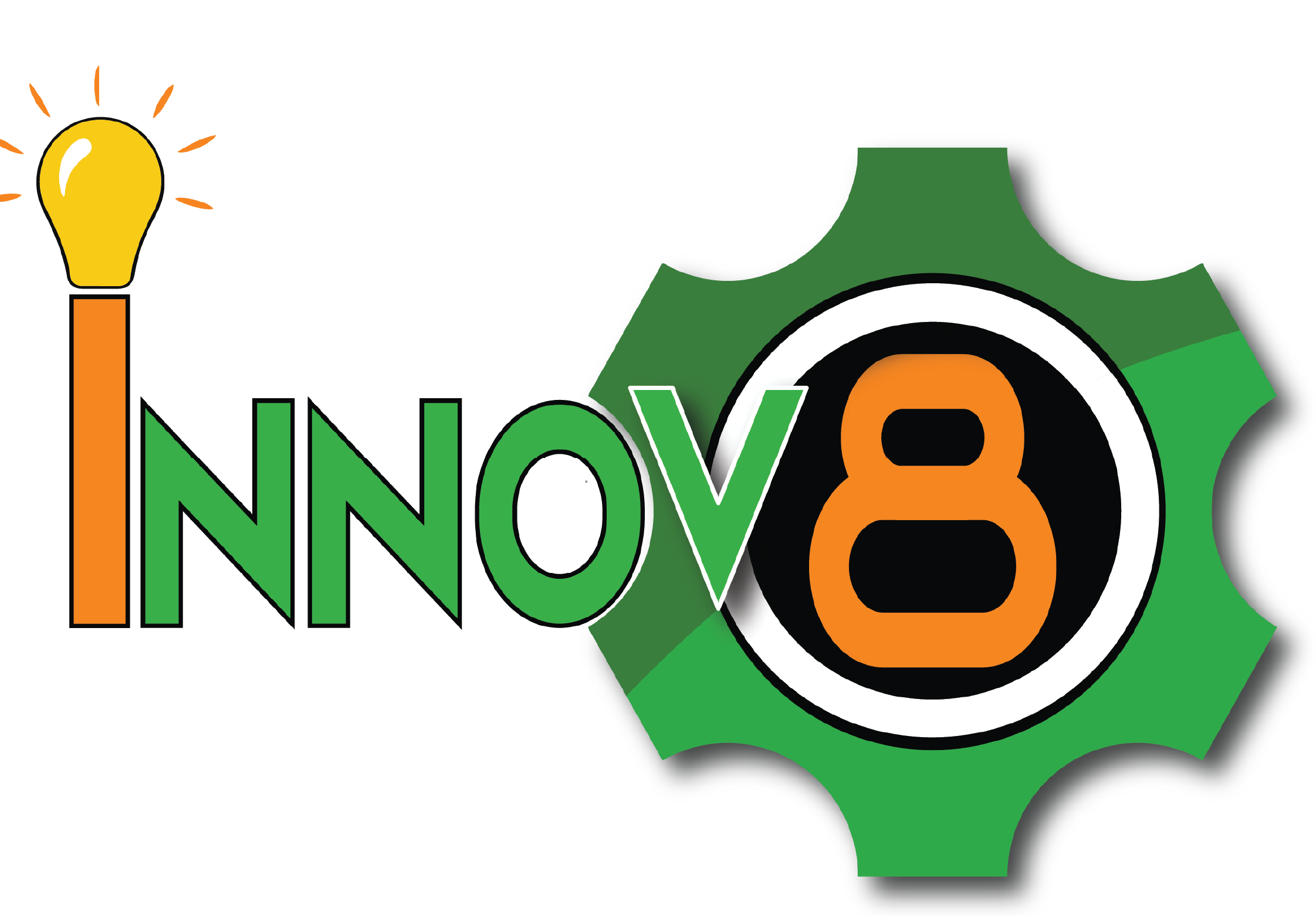All About Robotics (AAR)
This course is designed with the intent of bridging the gap existing in digital literacy. The course is targeted at young kids interested in areas of science, mathematics and engineering. Learners will be introduced to Robotics, the sensors used such as; Touch, IR, Light, Color, Gyroscopes, etc., the mechanisms involved in building a robot such as; Drive Train, Gears, Lifts, Rubbers, etc., the concepts required to successfully build a robot such as; Motion, Acceleration, Rotation, etc.
 Newton Monye +1 more instructors
Newton Monye +1 more instructorsWhat you will learn
- Sensors used in Robotics; Touch, IR, Light, Color, Gyroscopes etc
- Mechanisms employed in building a robot; Drive Train, Gears, Lifts Rubbers etc
- The Concept required to build a robot; Motion, Acceleration, Rotation etc
About this specialization
Robotics for kids allows children to learn STEM concepts in a hands-on environment. They learn how to program, design, and make their own robots. Robotics offers an educational tool for kids to think out of the box. Many times kids have ideas of what they dream to create. Robotics makes those dreams come true.
Participants
- Kids between the ages of 6 – 13 years
- Robotics teachers of Primary and Secondary School
Benefits
- Build Confidence
- Encourage Perseverance
- Accept Criticism
- Improves Engagement
- Improves Programming Skills
- Preparing for the future
Enrollment Process
To begin, enroll in the Specialization directly, or review its levels (Beginners, Intermediate and Advanced) and choose the one you’d like to start with and proceed to pay via our paystack secured payment gateway.
Capstone Project
Every specialization includes a hands-on project. Students will need to complete the project(s) before a specialization is deemed completed.
Certification
After completing each specialization, a Certificate will be awarded to students which they can share with prospective employers and professional networks.
Register
STEM
Science, Technology, Engineering, and Mathematics
Blended Learning
A combination of both physical and online
100% Practical
The course offers a practical and hands-on approach to learning
Beginner Level
No prior experience is required
English
Subtitle is available in different languages on our Learning Management System,
Certificate
A Certificate is awarded after completion of training
Capstone Project
A capstone project is required from the participant at the completion of training
There are 4 Levels and 46 Lessons in this Specialization
LEVEL
1
Beginners Level (20Hours)
Lesson 1: Introduction to Robotics
Lesson 2: Building with ArTec Kits
Lesson 3: Learning motion by challenge to solution tasks
Lesson 4: Introduction to Touch Sensor
Lesson 5: Building an Elevator Mechanism – Pully System
Lesson 6: Building Scissor Lift Mechanism
Lesson 7: Building with an ultrasonic sensor
Lesson 8: Building with a Light/IR Photo-reflector sensor (Part 1)
Lesson 9: Building with a Light/IR Photo-reflector sensor (part 2)
Lesson 10: Building with gyro sensor
LEVEL
2
Intermediate Level (20Hours)
Lesson 1: Introduction to the kits and the software (KAZI and ArTec Kits)
Lesson 2: Learning motion by challenge to solution tasks
Lesson 3: Introduction to Touch Sensor
Lesson 4: Building a robot with a lift mechanism
Lesson 5: Building with an ultrasonic sensor
Lesson 6: Building with a Light/Color sensor (Part 1)
Lesson 7: Building with a Light/Color sensor (Part 2)
Lesson 8: Building with gears
Lesson 9-10: Reverse engineering exercise
Lesson 11: Building with a Tensegrity System
Lesson 12-15: Building from instructions and program them
LEVEL
3
Advanced Level (48Hours)
Lesson 1: Introduction to the kits and the software (KAZI and ArTec Kits)
Lesson 2: Learning motion by challenge to solution tasks
Lesson 3: Introduction to Touch Sensor
Lesson 4: Building a robot with a lift mechanism
Lesson 5: Building with an ultrasonic sensor
Lesson 6: Building with a Light/Color sensor (Part 1)
Lesson 7: Building with a Light/Color sensor (Part 2)
Lesson 8: Building with gears
Lesson 9-10: Reverse engineering exercise
Lesson 11: Building with a Tensegrity System
Lesson 12-15: Building from instructions and program them
FAQ
There are 7 simple steps to registering on Innov8 Learn. You are required to fill out a form and filling this form typically takes between 2-4 minutes. Kindly note that the red star beside each empty box means filling the tagged box is IMPORTANT.
Step 1,
Fill in your full name in the box tagged [Full Name].
Step 2,
Fill in your email address in the box tagged [Email]
Step 3,
In the box tagged [amount] is a fee and a category of learning for the chosen course. choose an appropriate category of learning in line with your interests and move on to the next step. Click here to learn more about categories of learning.
Step 4,
The Box tagged [Phone number] is crucial to your registration and learning process. Input your phone number in the empty box.
Step 5
In the Box tagged [Country], click on it and select your country of residence from the drop-down.
Step 6
The box tagged [Proposed start date] means you should indicate when you would be available to start learning. So, fill in the desired date when you would want to start taking your classes.
Step 7
You are done with your registration. However, if you have any additional questions, queries or seek clarity on any of the processes, fill this box.
Innov8 Learn is an educational platform designed specially by Innov8 Hub to facilitate the education, training and easy transference of knowledge, technology, & expertise by seasoned experts within the Hub to interested persons around the world. The platform offers a carefully curated number of courses aimed at developing capacity in STEM, Communication, product design, robotics, engineering amongst others and other relevant skills necessary for navigating the modern world while proffering tangible solutions to societal challenges.
A certificate is issued to every student that completes a course. This certificate is shareable on any platform (including all social media platforms) as proof of completion and certification of expertise. It should however be noted that, for a course to be deemed as completed, the student must have finished all capstone projects in the course.
The number of hours required for each course is determined by the course curriculum. However, the course’s completion time averagely range between 20 – 125.
Each course has its specific requirements for registration. Visit each course page to view the requirements for registration.

